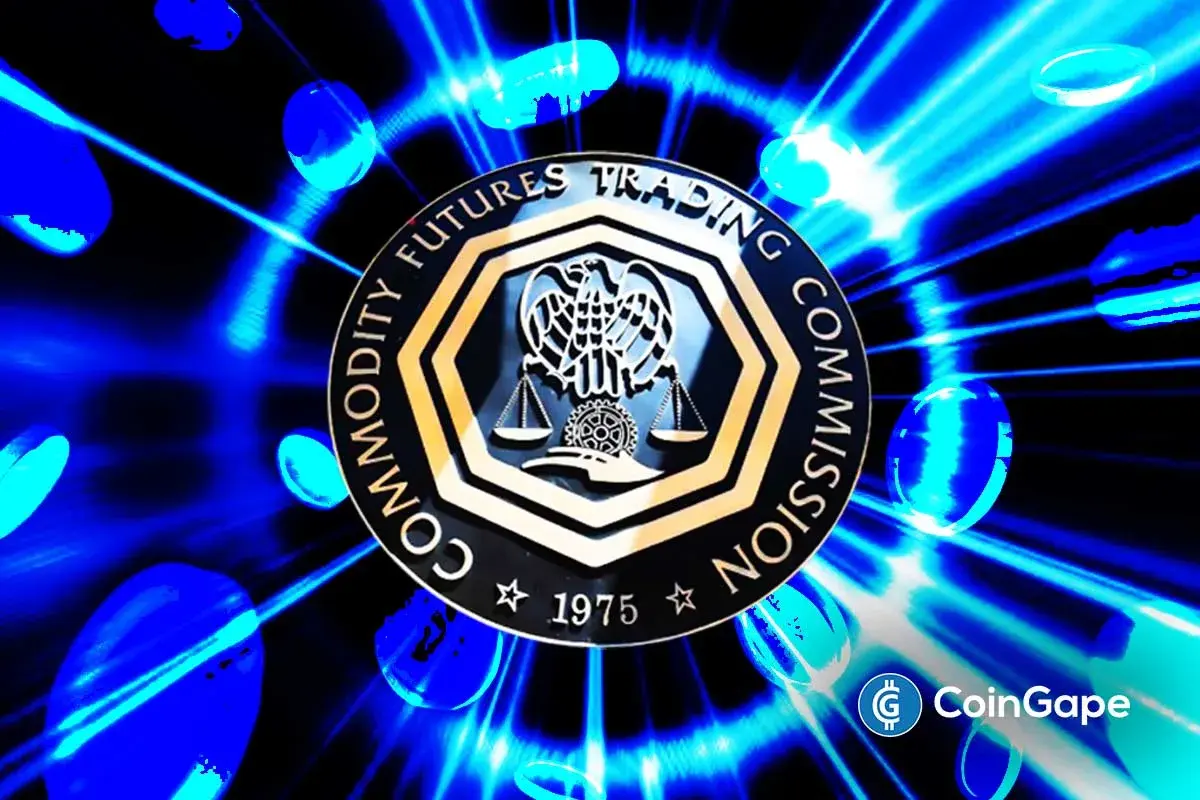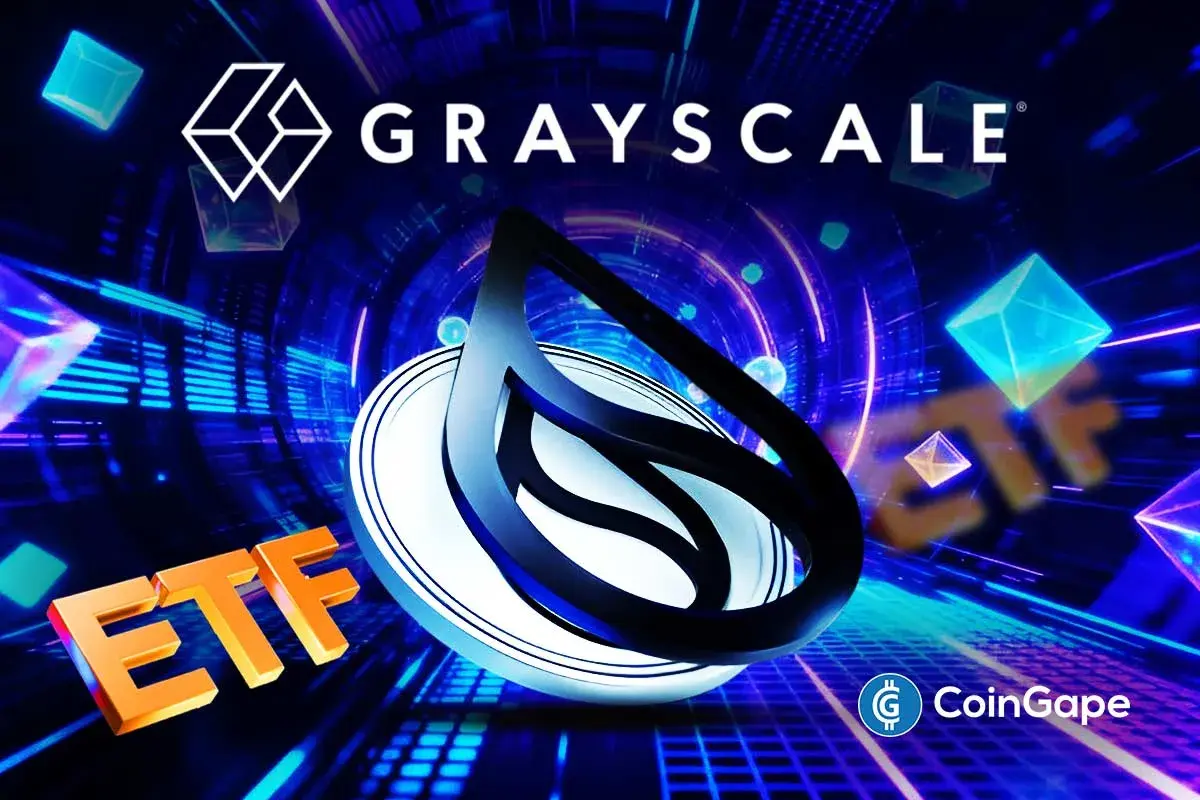Microsoft In Blockchain: Decentralized Blockchain Based Digital Identity Platform

Microsoft is planning to launch a digitized blockchain-based ID platform that will enable users to control the access to their personal and sensitive online information through encrypted data hub. The tech giant claims that blockchain has the most robust protocol for DIDs that allows you to remain in control of your data.
Microsoft to use Blockchain to Secure your Identity
Microsoft is planning to create a decentralized, blockchain-based, a digital identity management platform that will basically allow the users to own as well as secure access to their online persona through encrypted database hub. It has been believed that using the public blockchains that work as decentralized identity systems for cryptocurrencies, can help in making the internet accessible to every kind of people as much as possible.
For past some time, Microsoft has been exploring the ways to use the distributed ledger technologies like Blockchain to create the digital identities that are more secure and will enhance personal control and privacy.
According to Ankur Patel, the principal programme manager at Microsoft’s Identity Division:
“To achieve this vision, we believe it is essential for individuals to own and control all elements of their digital identity. Rather than grant broad consent to countless apps and services, and have their identity data spread across numerous providers, individuals need a secure encrypted digital hub where they can store their identity data and easily control access to it.”
He further commented:
“We are humbled and excited to take on such a massive challenge, but also know it can’t be accomplished alone. We are counting on the support and input of our alliance partners, members of the Decentralized Identity Foundation, and the diverse Microsoft ecosystem of designers, policy makers, business partners, hardware and software builders.”
Out of all the decentralised storage systems Microsoft has explored, Blockchain provided the most robust protocol to allow Decentralised IDs (DIDs)
Last month, Microsoft joined the ID2020 alliance with Accenture and The Rockefeller Foundation, which is a global partnership to create a blockchain-based, an open source identity system that will aid 1.1 billion people all over the world.
Now, Microsoft is detailing its learning from blockchain exploration and ID2020 partnership and its plan to use the Microsoft Authenticator application, that is already used by millions of people, to provide the DIDs.
After Bitcoin, Microsoft Foraying into Blockchain Industry
It is not the first time that Microsoft has turned to this booming industry. In 2014, the tech giant started accepting bitcoins as payment to buy Xbox games and windows apps. In January, the company also stopped accepting bitcoin payments twice, but later resumed.
Now, it is going to use blockchain in a broad aspect to make people’s identities more secure. With such a big brand leveraging the blockchain technology, no doubt it has the potential to go mainstream.
It would be interesting to watch what other big names after Microsoft would make their foray into the blockchain and cryptocurrency industry.
What are your views on the use of blockchain in securing the identity online and Microsoft’s foray into blockchain industry? Let us know your thoughts below!
- U.S. CFTC Committee Appoint Ripple, Coinbase, Robinhood CEOs to Boost Crypto Regulation
- What Will Spark the Next Bitcoin Bull Market? Bitwise CIO Names 4 Factors
- U.S. CPI Release: Wall Street Predicts Soft Inflation Reading as Crypto Market Holds Steady
- Bhutan Government Cuts Bitcoin Holdings as Standard Chartered Predicts BTC Price Crash To $50k
- XRP News: Binance Integrates Ripple’s RLUSD on XRPL After Ethereum Listing
- Solana Price Prediction as $2.6 Trillion Citi Expands Tokenized Products to SOL
- Bitcoin Price Could Fall to $50,000, Standard Chartered Says — Is a Crash Coming?
- Cardano Price Prediction Ahead of Midnight Mainnet Launch
- Pi Network Price Prediction as Mainnet Upgrade Deadline Nears on Feb 15
- XRP Price Outlook Amid XRP Community Day 2026
- Ethereum Price at Risk of a 30% Crash as Futures Open Interest Dive During the Crypto Winter


















